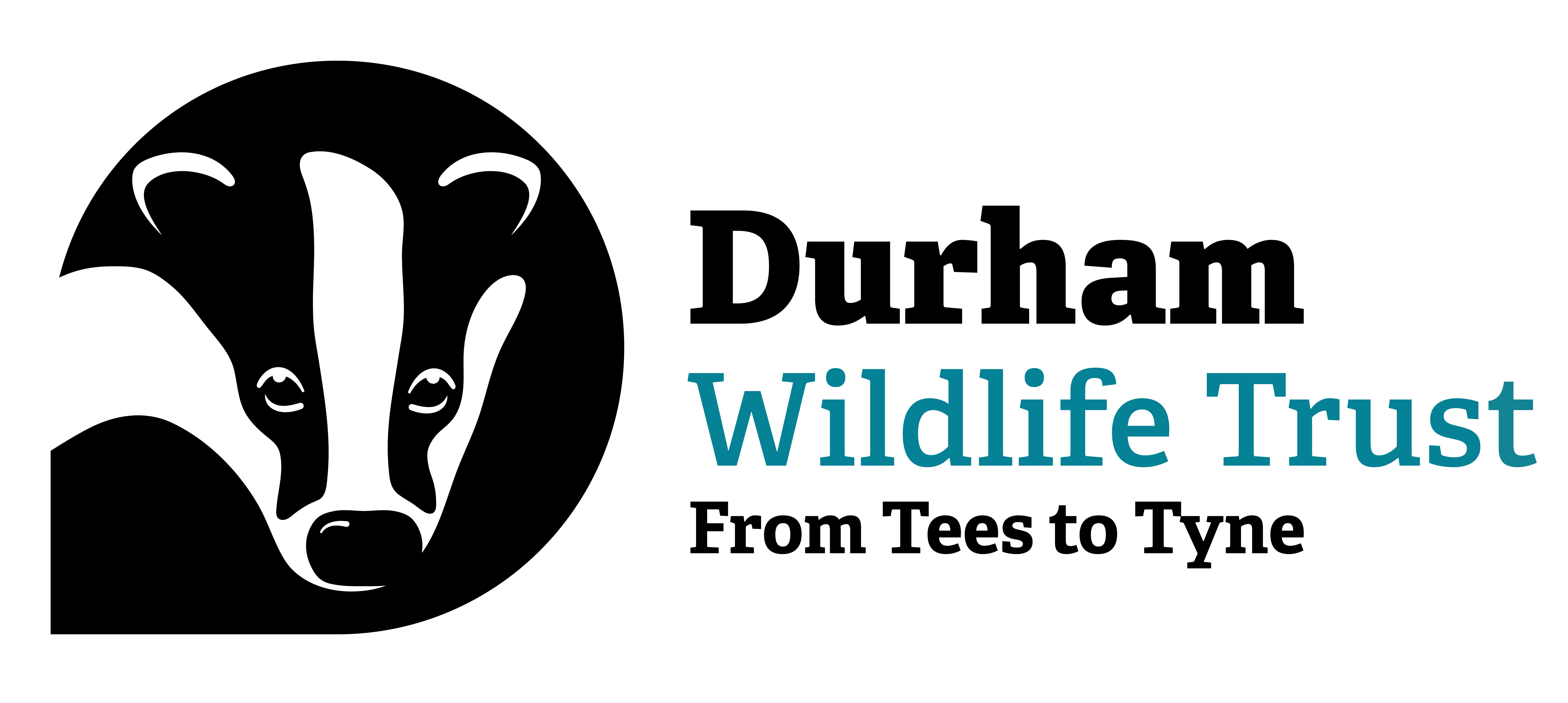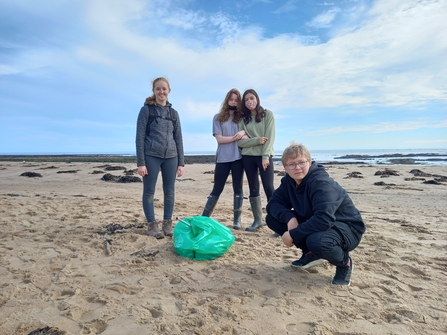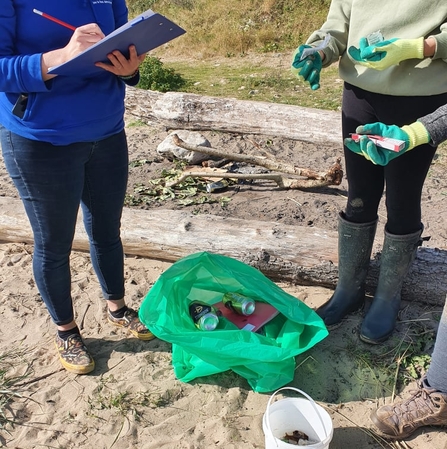Each month we participate in a range of different activities that help us learn about and conserve coastal wildlife, and in September we decided to do the Marine Conservation Society's (MCS) national Great British Beach Clean. So we registered with the MCS for our beach clean event, and chose the 'Whitburn North' site as it hadn't been surveyed for a few years.
On Saturday 25th September, six of us met at Roker beach, jumped into the DWT minibus, and headed to Whitburn. When we got there, it didn't look like we'd be able to collect much, as it looked really clean already, however, we put on our gloves and marked out the 100m survey area.
It didn't take us long to start noticing that although the beach looked clean, there were actually lots and lots of small pieces of plastic and other tiny bits of rubbish to be found in the tideline. Everything that we collected on the hour long survey was recorded, and we ended up collecting one bag of waste, weighing 5kg! The data from the survey sheet was uploaded to the MCS's Great British Beach Clean website, and a report was created - which you can read by clicking on the link below - showing us that we picked up 416 items of waste from that one stretch of sand that measured only 100m long! From the report, we discovered that 64% of the waste we collected was plastic, with most of that being small plastic or polystyrene fragments, and cigarette stubs. We were really surprised to find so many pieces of plastic on such a small stretch of beach, and worried that they had been in the ocean, possibly causing harm to marine wildlife.







